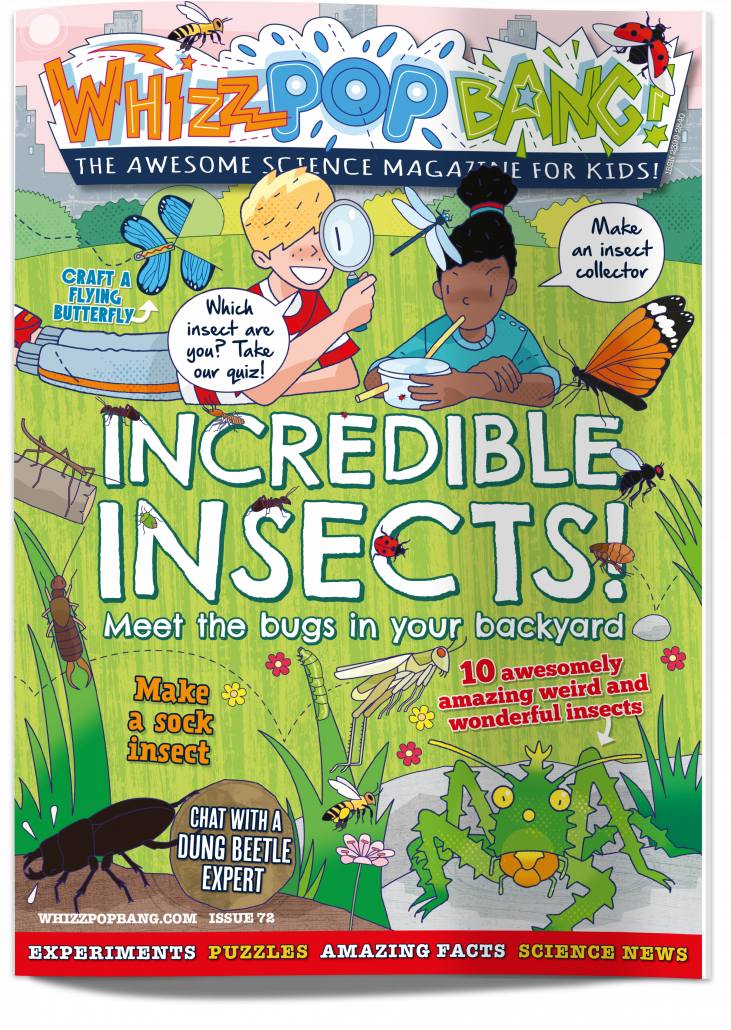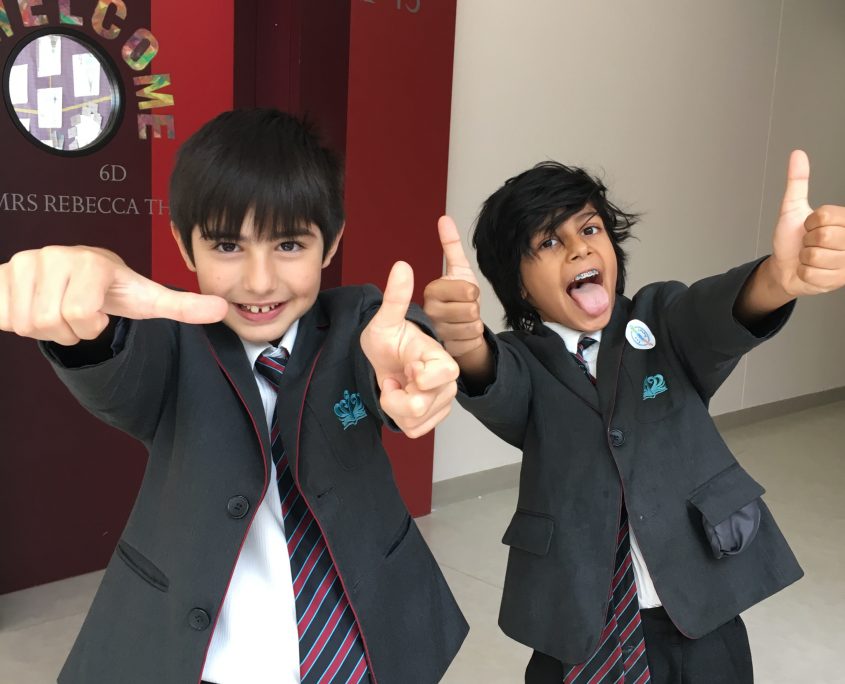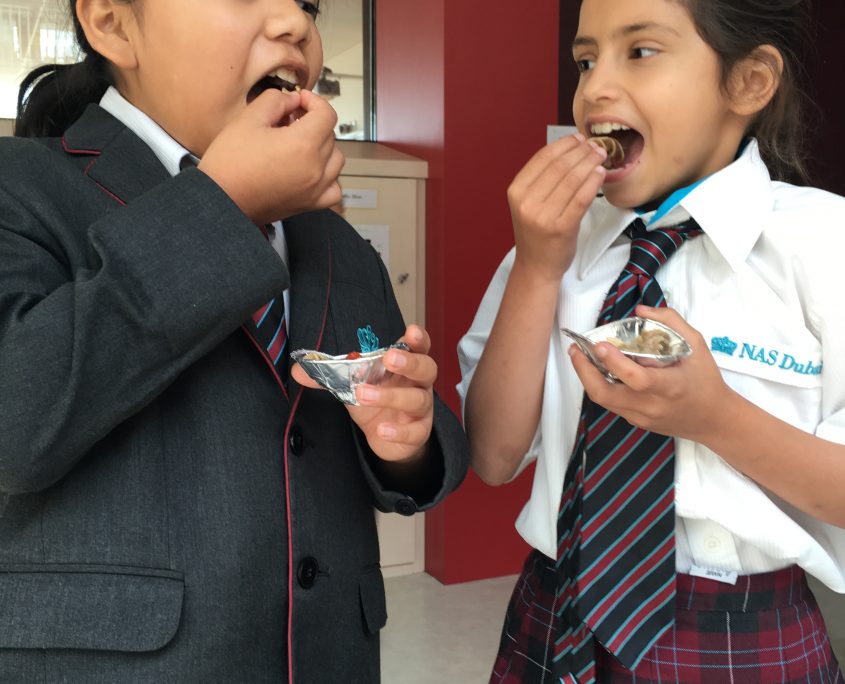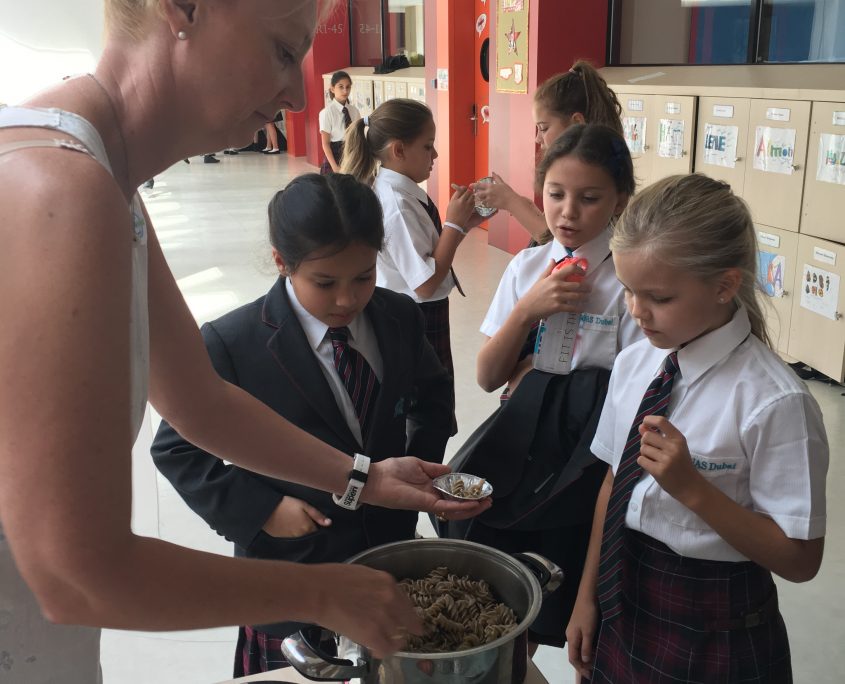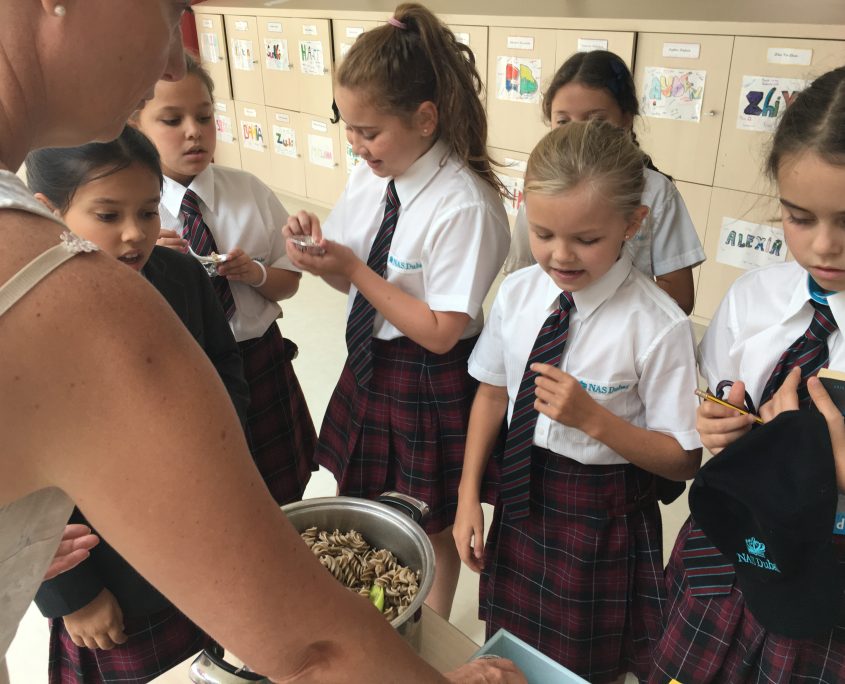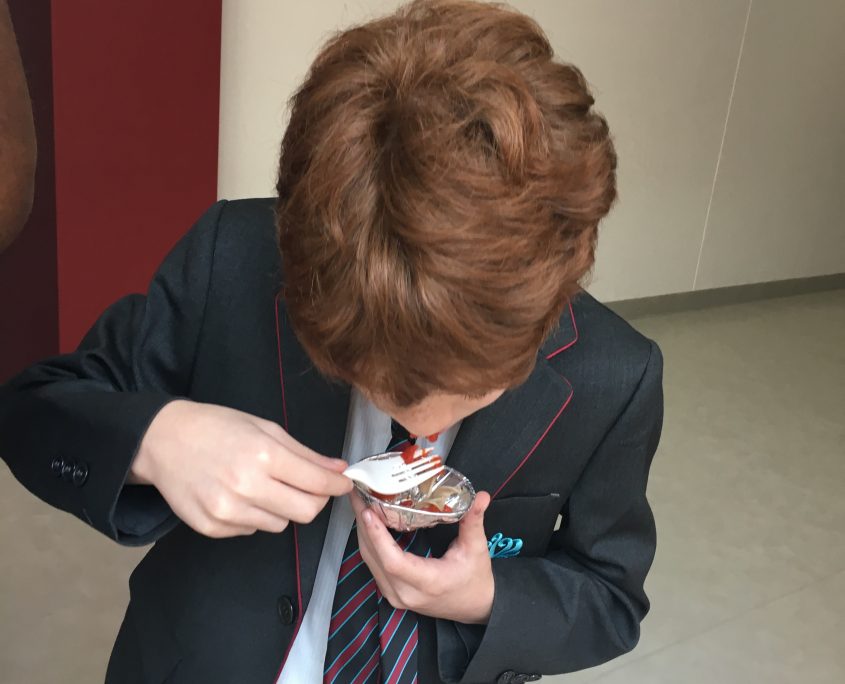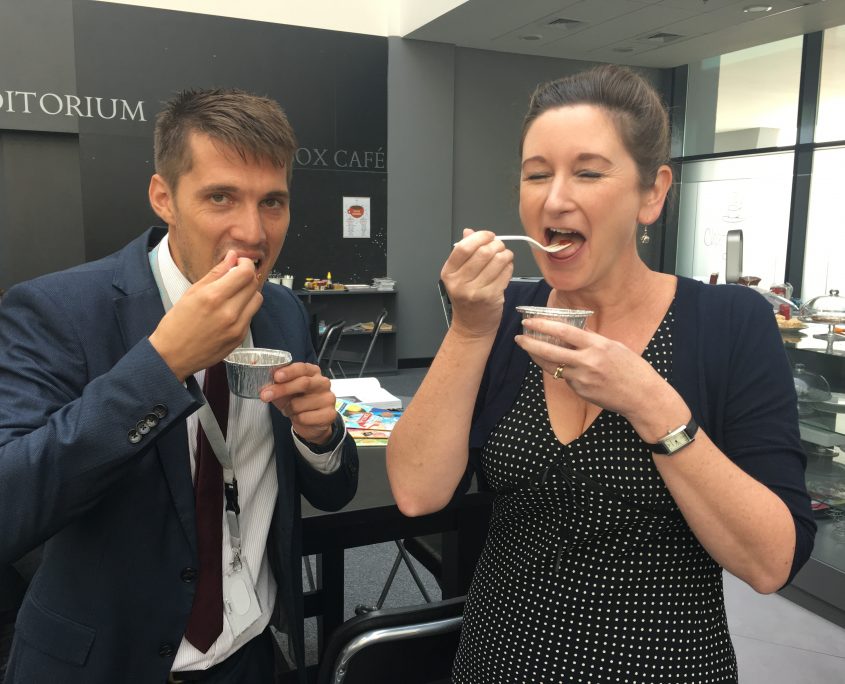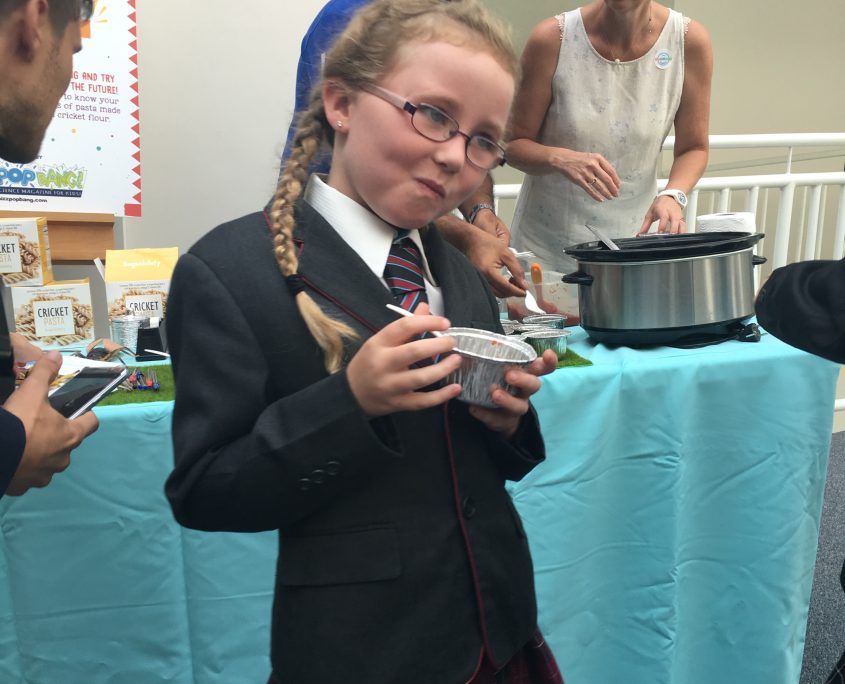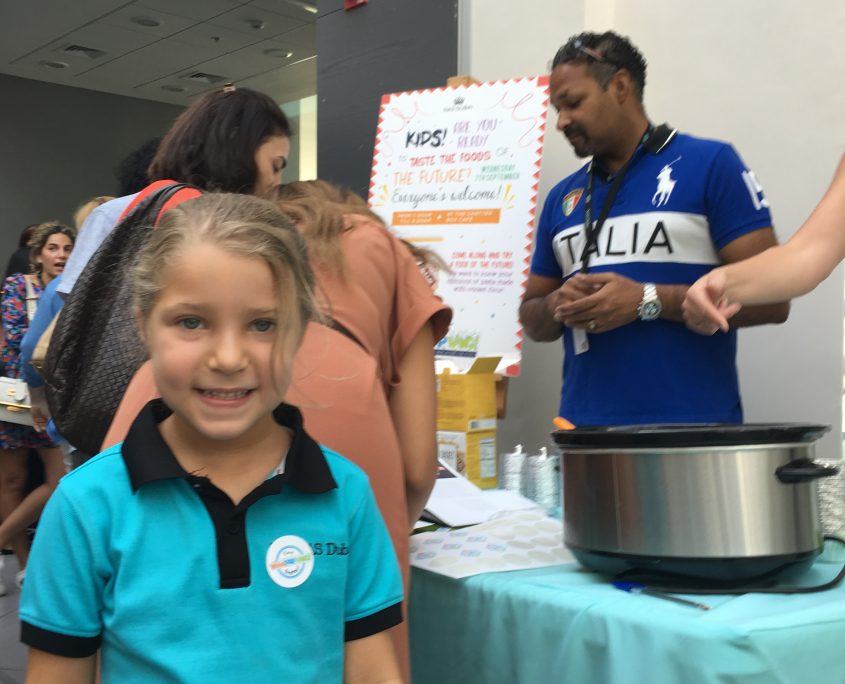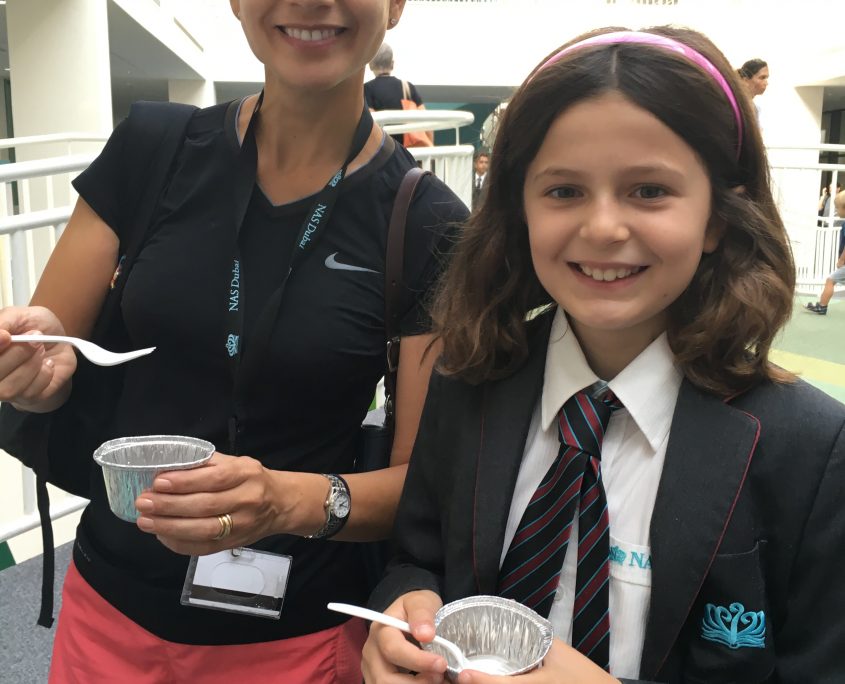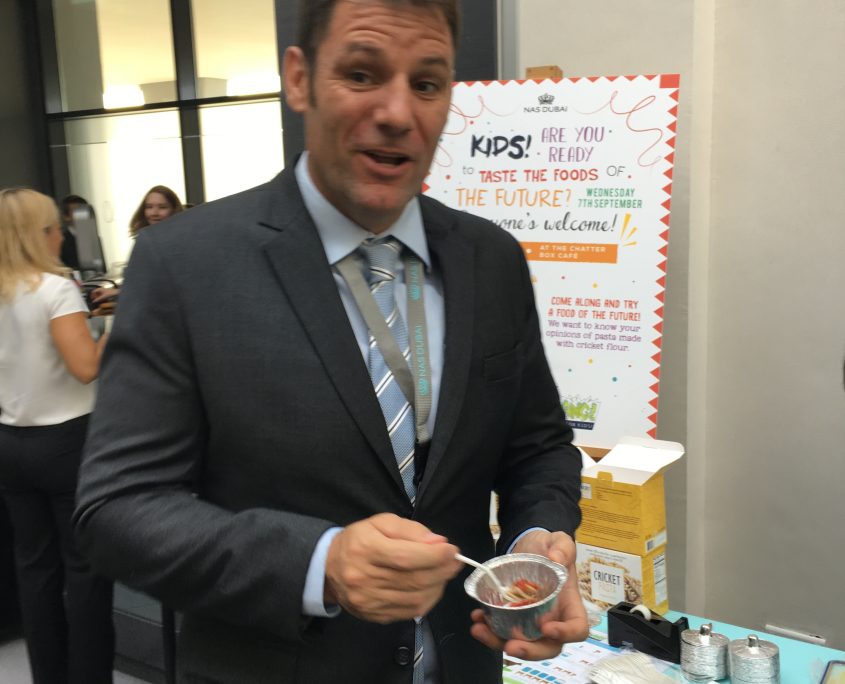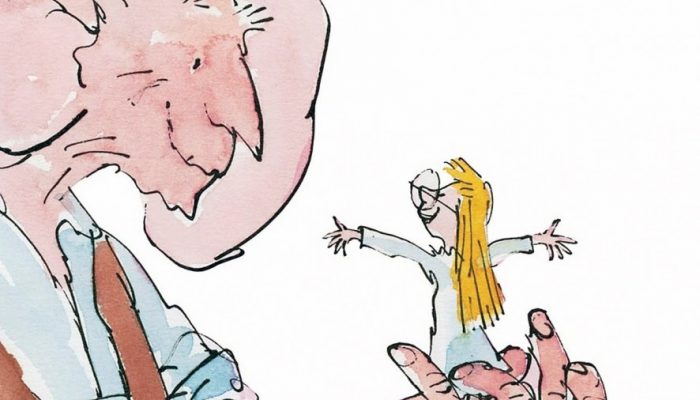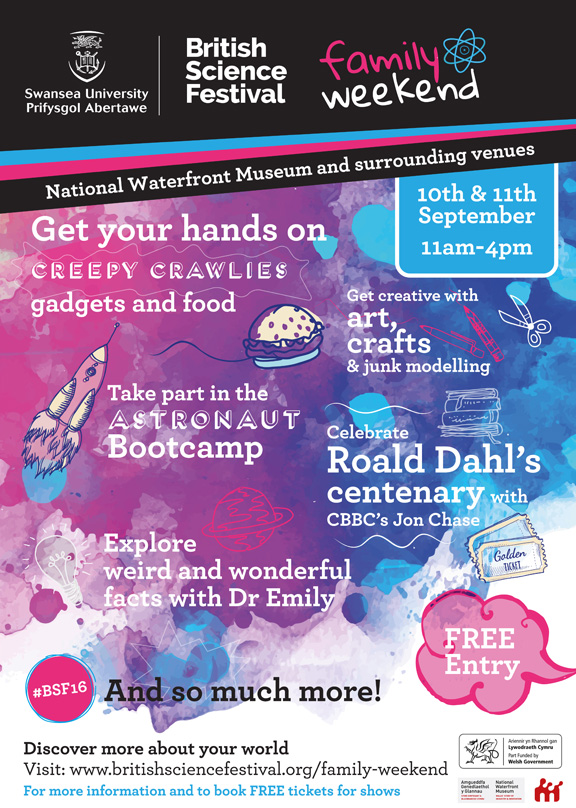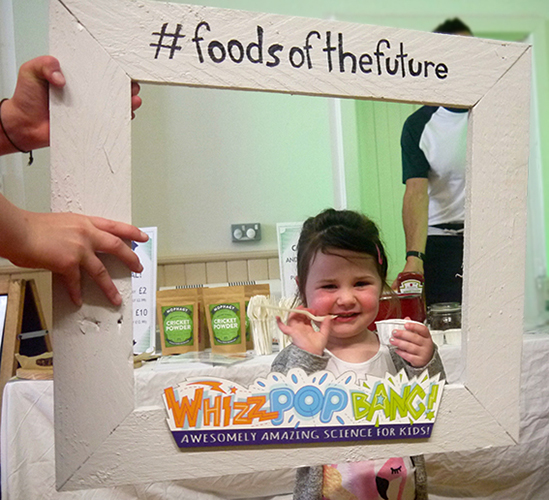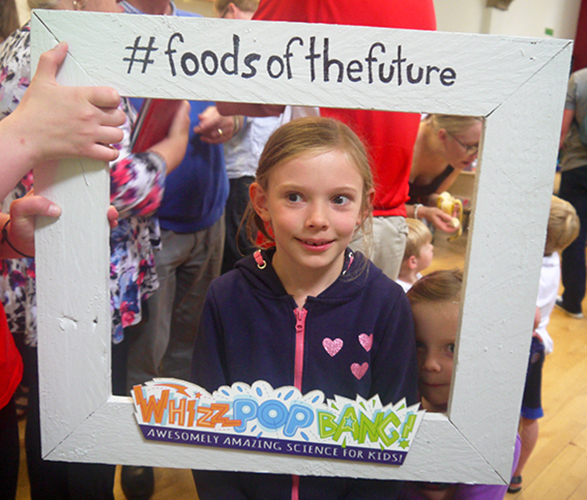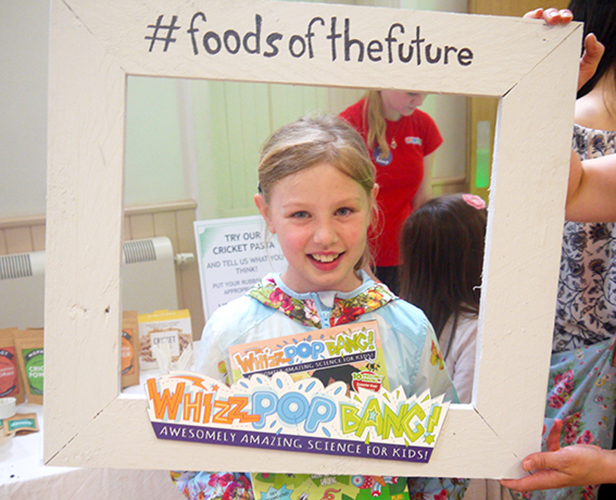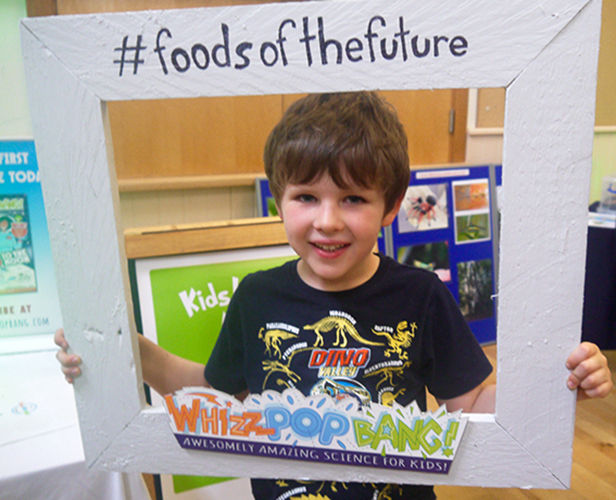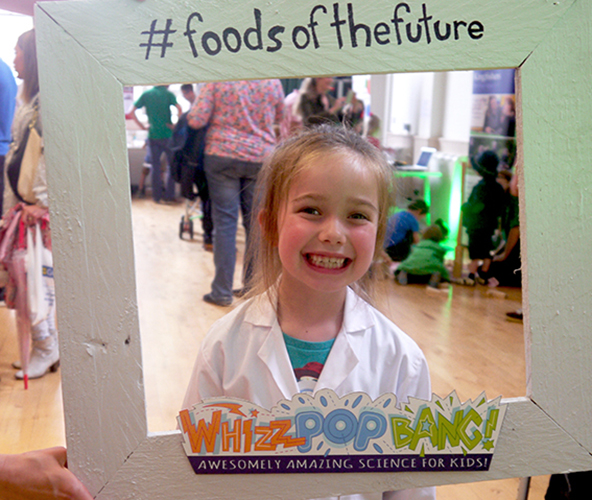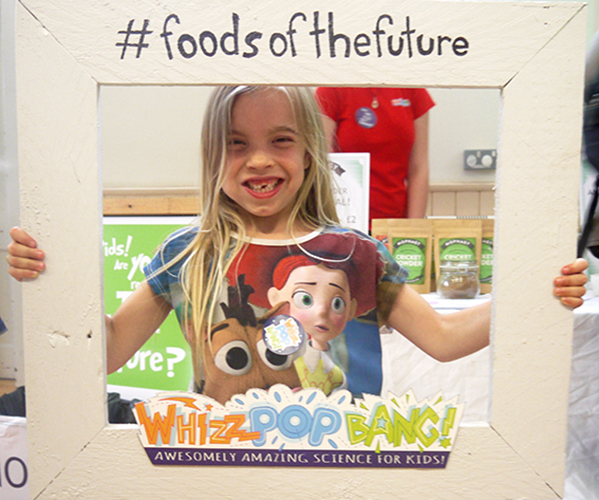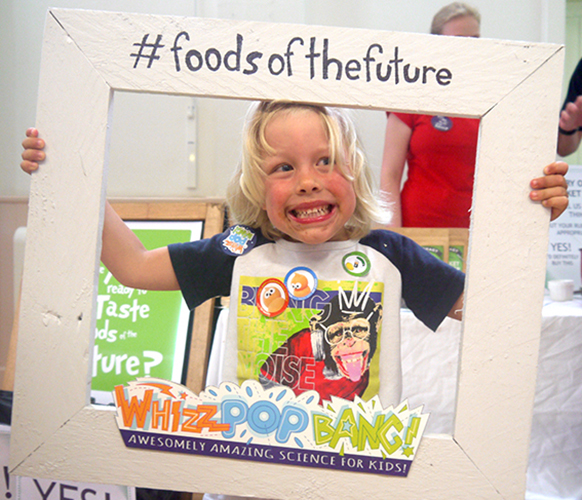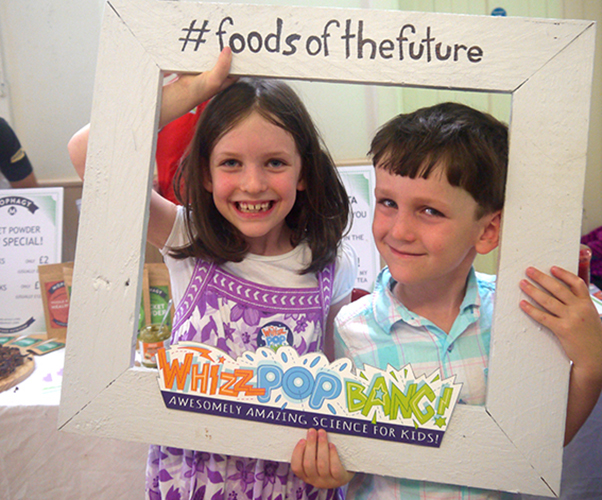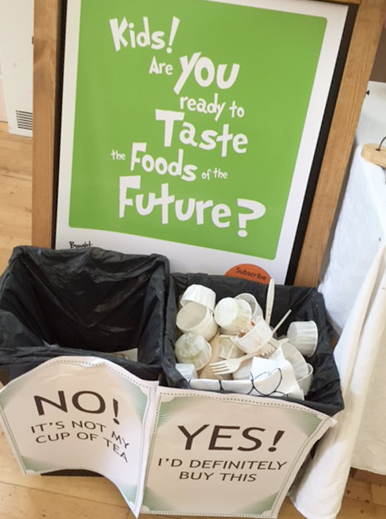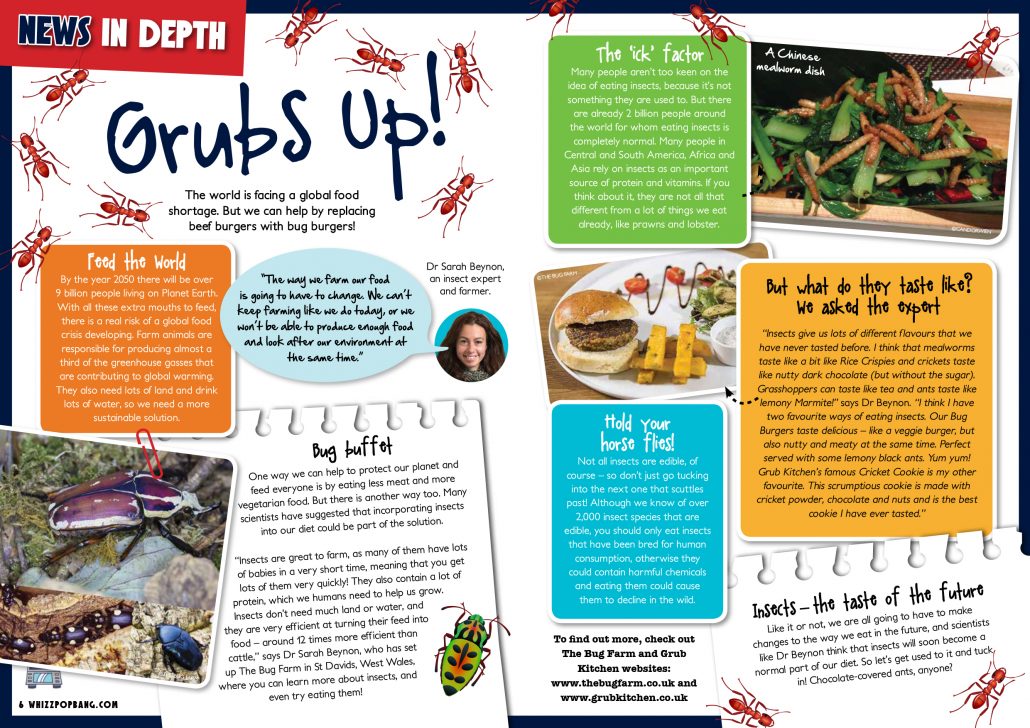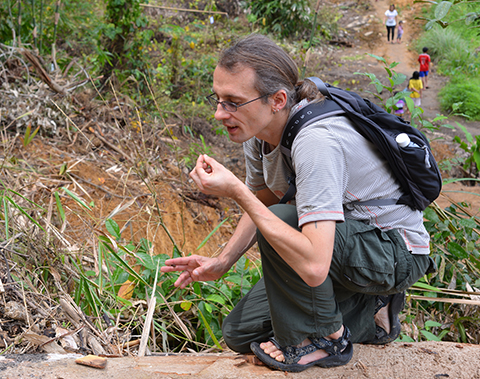
Darren Mann is a dung beetle expert who looks after a huge collection of insects at Oxford University Museum of Natural History. You can read a full interview with him in Whizz Pop Bag: INCREDIBLE INSECTS!
Darren had so many brilliant stories to share that we couldn’t fit them all in the issue, so here’s some more from the man who digs in poo to find dung beetles…
“I’ve been obsessed with insects since I was at junior school.”
In my early teens, I joined the Amateur Entomologist’s Society and through their magazine I learnt lots of new things and that there were even more books on insects! Remember, this is before the internet existed. Through this group I bought a secondhand copy of A Coleopterists’ Handbook’ – an entire book on beetles, including how to find them, and this became my instruction manual for the next few years and what got me interested in beetles.
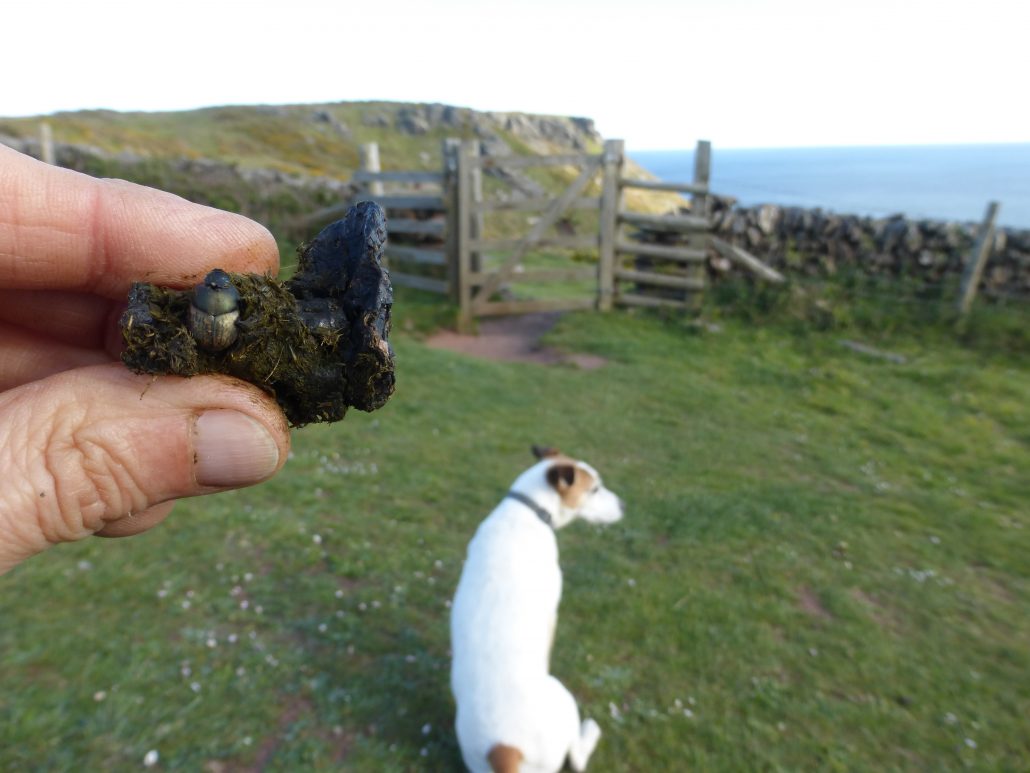
“The first time I went through the entire process of collecting, preserving, and identifying specimens on my own, I felt a real sense of achievement.”
I went out again, and again, and, well you get the picture. I spent hours searching dung, finding beetles, and because I did it so much, I got quite good at finding and identifying them. I became the Warwickshire county recorder for dung beetles and their allies and found some quite rare ones, including a few species not discovered in the county before. The excitement of getting a first county record has never worn off and it is always a privilege to be the first person to find something new.
“I’ve now worked at the Oxford Museum of Natural History for over 20 years”
My favourite space is the Westwood Room, named after the first professor of Zoology at Oxford – John O. Westwood. It has an open fireplace carved with a hawkmoth and stag beetle life cycle, hanging above is a portrait of the great beetle hunter, the Reverend Canon Fowler, and it housed the British Insect collection, including all the dung beetles.
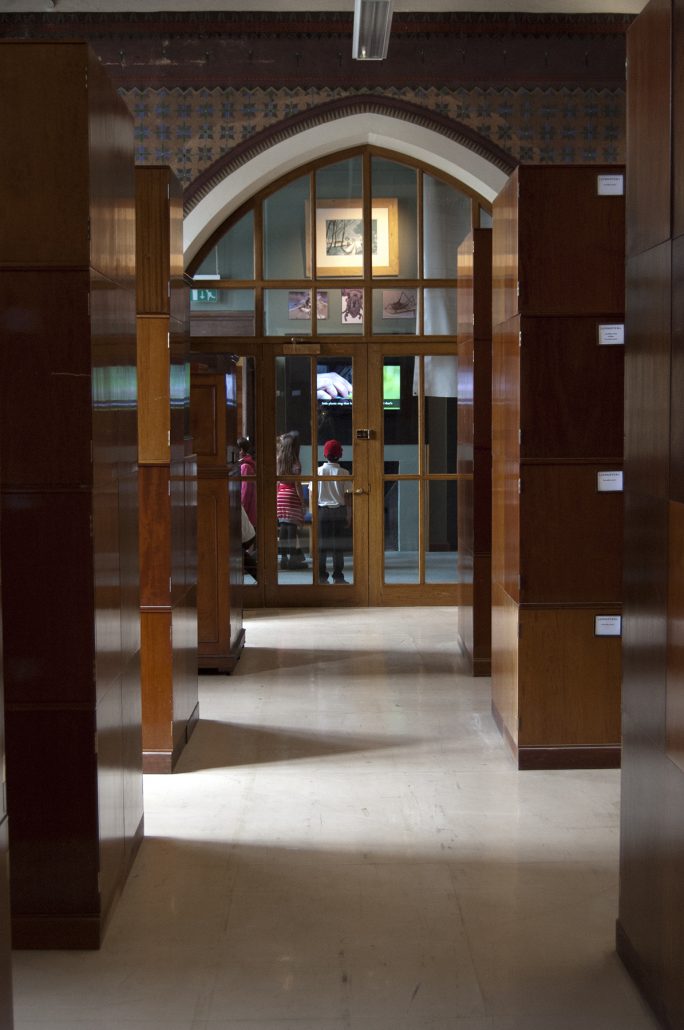
“I’m currently working on a project moving over a million British insects into a new space”
One of the museum’s major projects, supported through The National Lottery Heritage Fund is HOPE for the Future which aims to move all the British insects out of the Westwood Room and into new storerooms in shiny new pest proof cabinets. The room will then be refurbished to accommodate teaching, workshops, exhibitions and maybe even some bug handling sessions. The first stage in any large project is applying for funding, you need money to employ people and buy stuff. We spent many hours working on the application, discussing logistics, costings, and delivery plans. With over a million British insects, we needed extra help. Training and working with volunteers is an important part of my role. For this project, there was a team of twelve volunteers, counting and cataloguing the insect collection – this took quite a long time due to the sheer number of insects involved.
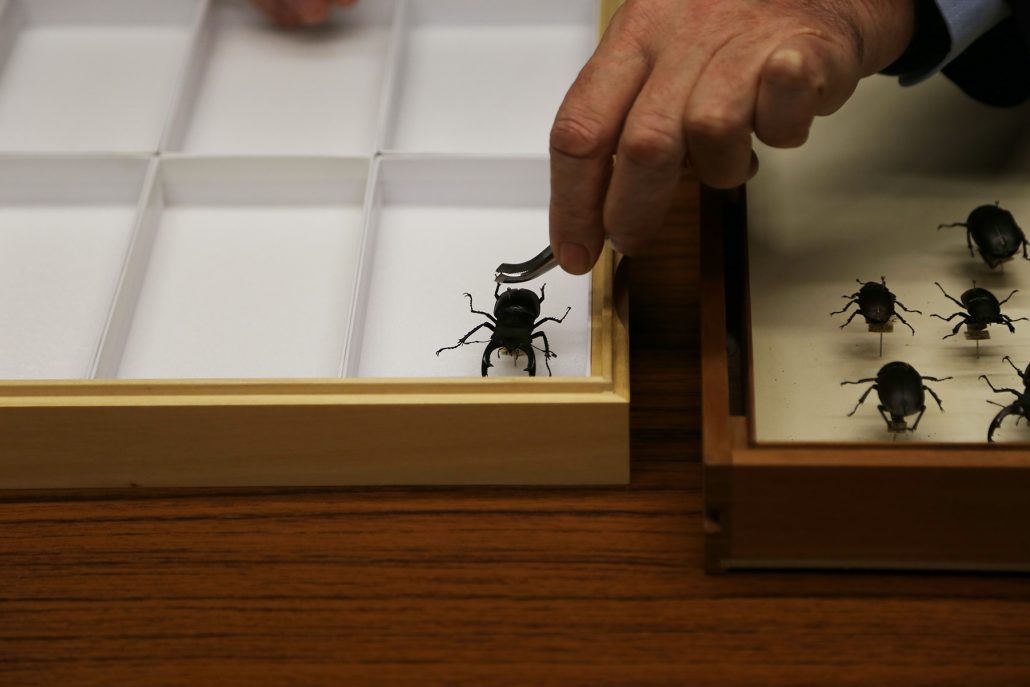
“I dream of going dung beetling in medieval Britain!”
Many of our insects were collected by famous entomologists from places that I have also visited. It gives you a sense of connection to the Victorian bug hunters and sometimes a little beetle envy creeps in, as many of their old haunts have been lost or the species is now almost extinct in the UK. If there is ever a time machine built, I want to go dung beetling in medieval Britain, searching the dung of the extinct Aurochs and visit Deal sandhills with Commander JJ Walker before it was developed into a golf course.
“I also give tours at the museum”
Another aspect of my job is public engagement, talking to people about the Museum and the collections, giving behind the scenes tours and hosting visitors and researchers. I can generally manage to slip in a dung beetle anecdote or two. I get requests for help with insect identification, sometimes a blurry photograph in an e-mail, sometimes a dead ‘thing’ in a jar left at the front desk. These can be challenging, but always fun and sometimes surprising. One person contacted me with a picture of a European rhinoceros beetle found in their garden moth trap. This 5cm long beetle was probably imported with plants from Italy to the local garden centre and flew a few hundred metres to their garden. If our climate gets warmer, one day it may become established like so many other introduced insects.
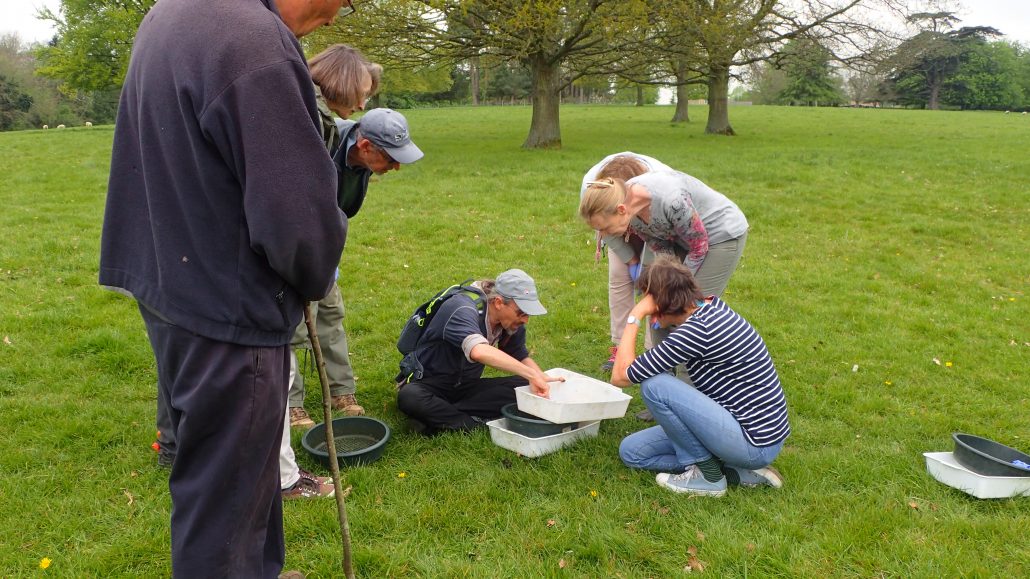
“If you want to become an entomologist, enthusiasm is so important.”
You could join clubs and societies that are relevant to your interests. It helps you meet with likeminded people, gives you access to a magazine and website full of the latest news and articles, and shows prospective employers that you are dedicated to your subject, especially if you have been a member for a long time.
I have read hundreds of application forms and interviewed lots of people. Those that make it to my short list are there because their interest and enthusiasm shines through. Applying for jobs can be quite nerve wracking but never over embellish your CV or exaggerate claims at interview. If you don’t know the answer, say so and then make an educated guess. You are more likely to earn respect by being honest and showing you can apply some lateral thinking or problem-solving skills.

